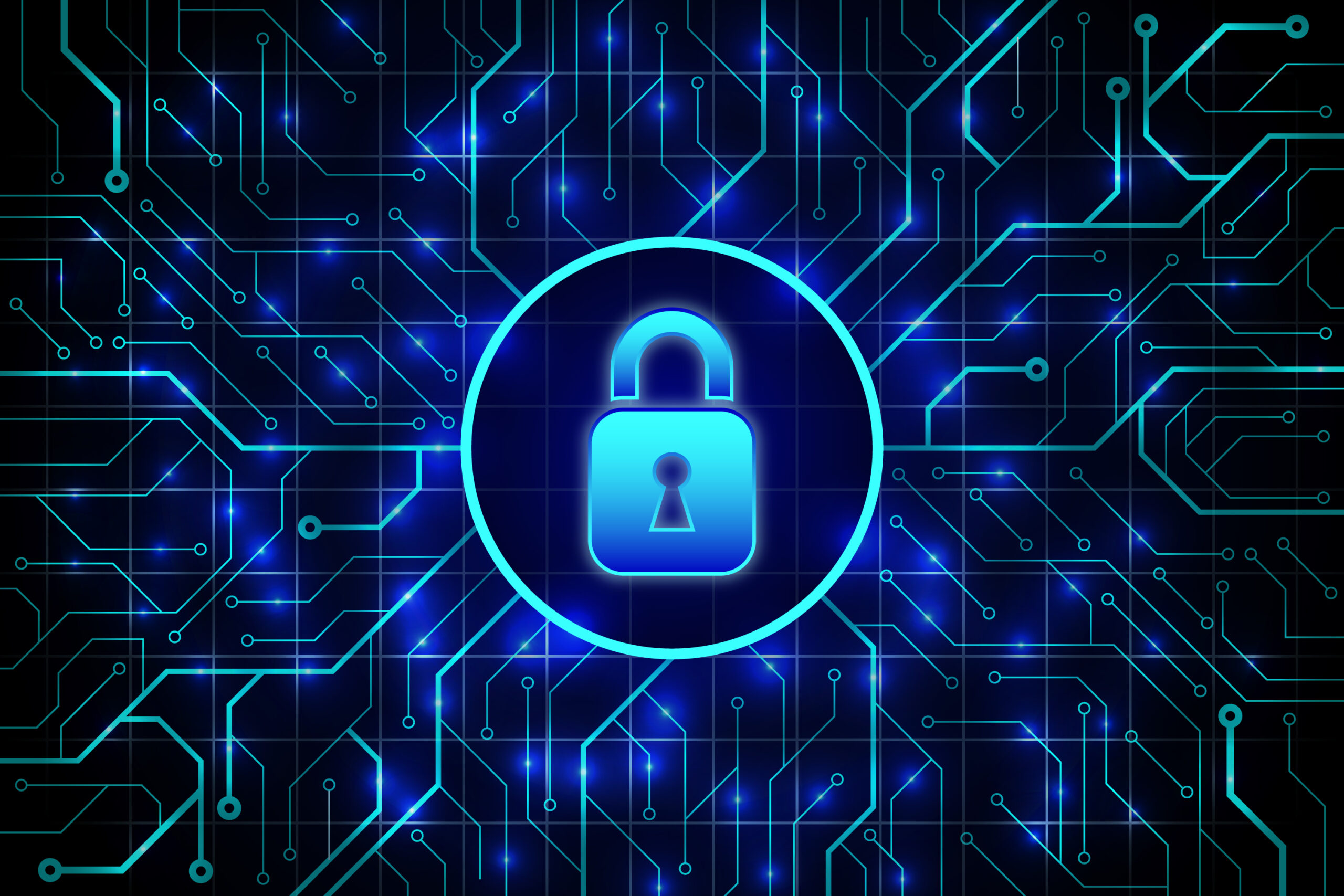

Navigating the Crypto Landscape
Cryptocurrency can be an exciting and rewarding investment, but like any financial opportunity, it comes with risks. Understanding these risks and learning how to secure your assets is essential for protecting your investments. In this post, we’ll dive into common risks in the crypto space and the basic security measures you should take to stay safe.
“Security is the foundation of the cryptocurrency ecosystem. Without it, everything else is irrelevant.”
– Marc Kenigsberg, founder of Bitcoin Chaser
Top 10 Key Risk Areas in Cryptocurrency
Cryptocurrency operates in a decentralized environment, meaning it is not regulated by any central authority like a bank. While this offers many benefits, it also exposes investors to significant risks. Fraud, hacking, and regulatory changes can all affect the value and safety of your crypto assets.
1. Volatility
Cryptocurrencies are known for their extreme price volatility. The value of a coin can fluctuate dramatically over short periods, leading to significant gains or losses. This makes crypto a high-risk asset for short-term investors or those without a clear risk management strategy.
2. Scams and Fraud
The crypto market, unfortunately, is rife with scams. From Ponzi schemes to fake ICOs, fraudsters prey on new investors. It’s important to remain cautious and only engage with trusted platforms. Always verify information and be wary of too-good-to-be-true offers.
3. Hacking and Security Breaches
Security breaches are another major concern. Centralized exchanges, in particular, can be vulnerable to hackers. Even decentralized exchanges are not entirely safe from cyber attacks. Always use strong passwords, enable two-factor authentication (2FA), and keep your assets in secure wallets.
4. Regulatory Uncertainty
Cryptocurrency’s legal status is uncertain in many parts of the world. Some countries have imposed regulations, while others have banned or restricted crypto activities. Changes in regulation can significantly impact the value of your holdings or even render them inaccessible. Be aware of the laws in your country.

5. Loss of Private Keys
Private keys are crucial to accessing and managing your crypto. If you lose your private keys or they are compromised, you may lose access to your assets permanently. Always back up your keys and store them securely offline.
6. Phishing Attacks
Phishing attacks are common in the crypto world. These attacks involve fake emails or websites that try to steal your login credentials or private keys. Always verify that you are on the official website before entering any sensitive information and never click on suspicious links.
7. Smart Contract Vulnerabilities
Smart contracts power decentralized applications (dApps) and transactions. However, they are not immune to vulnerabilities and bugs. It’s essential to conduct research and only engage with dApps or smart contracts that have been thoroughly audited for security.
8. Illiquidity
Some cryptocurrencies may be difficult to sell quickly, especially smaller or lesser-known coins. This could result in you being unable to cash out when you want to, or having to sell at a significantly lower price than expected. Always be mindful of liquidity when choosing assets to invest in.
9. Unsecure Platforms
Not all exchanges and wallets are built with the same level of security. Choose platforms that are well-known, have a good reputation, and offer robust security features. Do your research before committing to any platform to avoid falling victim to a hack or scam.
10. Environmental Impact
An often-overlooked risk in the crypto space is the environmental impact of blockchain networks, especially those using proof-of-work (PoW) protocols. Some cryptocurrencies have a high energy consumption, which could pose sustainability risks in the long run.
Security Tips for Protecting Your Crypto Assets:
- Use hardware wallets to store your assets offline and reduce exposure to online threats.
- Always enable two-factor authentication (2FA) for added protection.
- Be cautious when sharing any personal or wallet information.
- Keep backups of your private keys in a safe, offline location.
- Use reputable exchanges and verify their security protocols.
Building at scale
Stay Safe in the Crypto World
Crypto investment can offer lucrative opportunities, but it’s important to approach it with caution. By understanding the risks and taking proactive security measures, you can significantly reduce the chances of losing your assets. Always stay informed, secure your holdings, and most importantly, DYOR. Safe investing!
Always Do Your Own Research (DYOR)
Never invest in a cryptocurrency without thoroughly researching it first. Understand the project, its use case, the team behind it, and its market position.this article.

Protect Your Assets With a Secure Wallet
One of the most important steps you can take is to store your crypto in a secure wallet, particularly a hardware wallet. This minimizes the risk of theft or loss compared to leaving your assets on an exchange.
